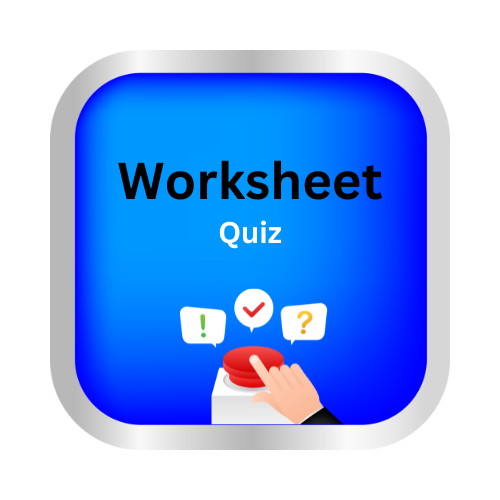Estimate sums, differences and products of decimals
key notes :
| Understanding Estimation |
- Estimation helps in quickly finding approximate answers.
- It is useful for checking reasonableness of calculations.
| Rounding Decimals |
To estimate, round decimals to the nearest whole number or one decimal place.
- Example: 4.73 rounds to 5, and 2.89 rounds to 3.
| Estimating Sums |
Round each decimal and then add the numbers.
- Example: 6.48 + 3.27 → Round to 6 + 3 = 9 (Estimated sum).
| Estimating Differences |
Round each decimal and subtract the numbers.
- Example: 9.85 – 4.32 → Round to 10 – 4 = 6 (Estimated difference).
| Estimating Products |
Round decimals before multiplying for easier calculations.
- Example: 7.92 × 4.08 → Round to 8 × 4 = 32 (Estimated product).
| Using Compatible Numbers |
Choose numbers that are easy to compute mentally.
- Example: Instead of 4.97 + 3.06, use 5 + 3 = 8.
| Checking Reasonableness |
Compare estimated results with exact answers to see if they are close.
- If the estimated and exact answers are far apart, check for errors.
| Application in Real Life |
- Used in shopping (estimating total cost), cooking (approximating ingredient amounts), and budgeting.
Learn with an example
▶️ Estimate the sum by rounding each number to the nearest whole number and then adding.
9.78 + 3.49
The sum is approximately_________
Round each number to the nearest whole number.
9.78 + 3.49 = ?
10 + 3 = ?
Now add:
10 + 3 = 13
The sum is about 13.
▶️ Estimate the sum by rounding each number to the nearest whole number and then multiply.
9.78 × 3.49
The product is approximately_________
Round each number to the nearest whole number.
9.78 × 3.49 = ?
10 × 3 = ?
Now multiply:
10 × 3 = 13
The product is approximately 30.
▶️ Estimate the sum by rounding each number to the nearest whole number and then subtracting.
9.78 − 3.49
The difference is approximately_________
Round each number to the nearest whole number.
9.78 − 3.49 = ?
10 − 3 = ?
Now subtract:
10 − 3 = 7
The difference is about 6.
Let’s practice!

